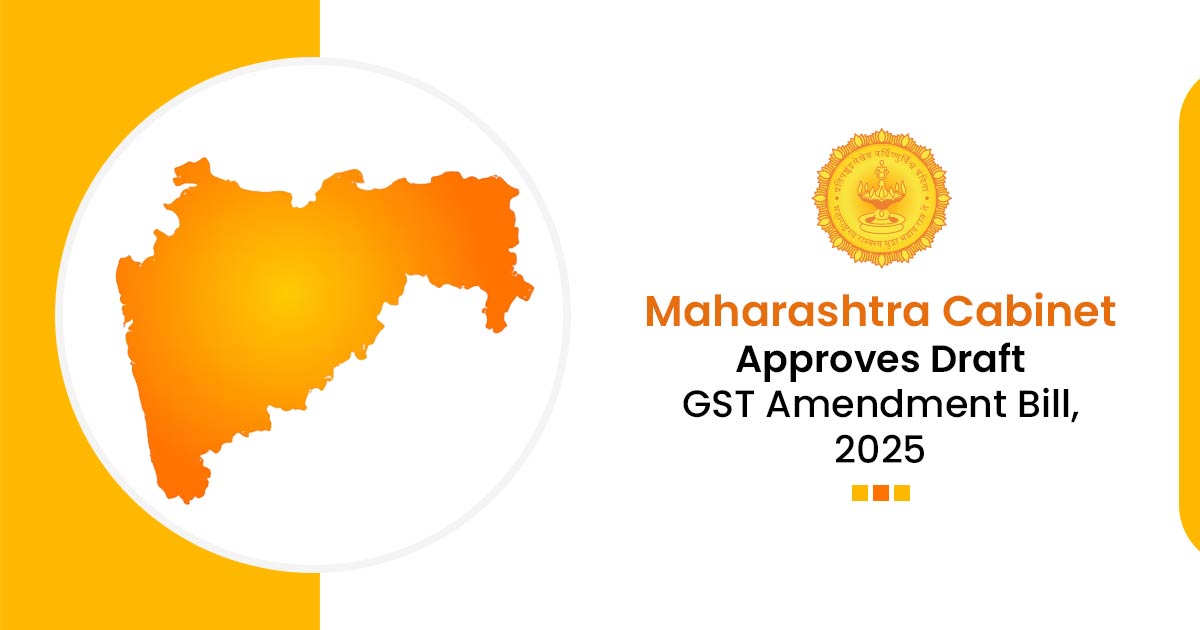
The draft of the Maharashtra Goods and Services Tax (Amendment) Bill, 2025, has been approved by the Maharashtra Cabinet and will be tabled in the upcoming session of the state legislature.
To draw the GST of the state in line with recent changes made by the Central Government to the Central Goods and Services Tax (CGST) Act, 2017, the same amendment has been introduced that follows the suggestions from the 55th GST council meeting.
On March 29, 2025, the Central Government passed the Finance Act, 2025, which contains diverse modifications to the CGST Act and Schedule III. The state government, to keep uniformity and operational consistency, is now amending the Maharashtra Goods and Services Tax (GST) Act, 2017 accordingly.
With GST compliance, traders often face challenges, a senior official from the state finance department emphasizes. “Out of the 16 lakh traders in the state, over 13 lakh are small business owners unfamiliar with GST filing. They often rely on accountants, who may inadvertently make errors, leading to complications. These amendments are aimed at addressing such concerns.”
Maharashtra earns nearly Rs 2.5 lakh crore annually via GST collections, an official mentioned.
Cabinet Approves Draft Amendment Bill for Settlement of Tax Arrears from PSUs
The draft of the Maharashtra Tax, Interest, Penalty or Late Fee (Settlement of Arrears by Public Sector Undertakings) (Amendment) Bill, 2025, has been approved by the cabinet in another decision, which is for presentation in the forthcoming legislative session.
An earlier act legislated on March 21, 2025, is concerned with the amendment that permits the settlement of pending tax arrears, interest, penalties, or late fees owed by public sector undertakings (PSUs) under various tax laws. Till December 31, 2025, the settlement scheme is valid.
This amendment will expand the definition of “applicant”. It will now include public sector undertakings, banks, government departments, institutions, authorities, corporations, and local bodies. These entities are covered even if they aren’t registered under the Companies Act, 2013, as long as they were established by resolutions or legislation from the Central or State Governments.
The same amendment can allow the resolution of long-pending revenue recovery cases and draw the revenue that has been pending for years. Substantial dues and close unresolved cases shall be recovered with the support of these settlements, the government expects.









